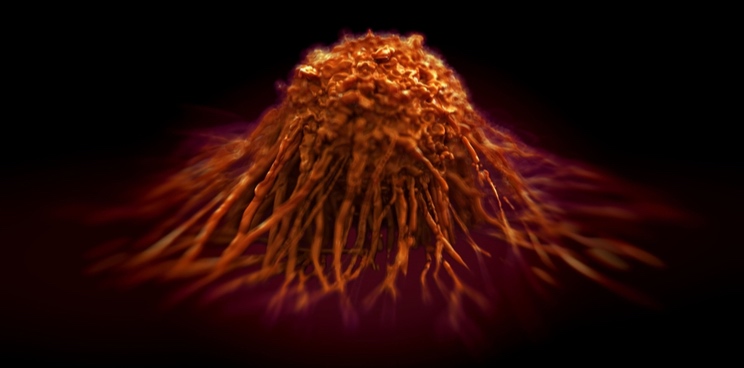Newsletter Signup - Under Article / In Page
"*" indicates required fields
Enterome has completed patient enrollment in its phase 2 clinical trial (ROSALIE) evaluating its lead OncoMimics candidate, EO2401, in combination with an immune checkpoint inhibitor (nivolumab) +/- an anti-VEGF therapy (bevacizumab) in patients with first progression/recurrence of glioblastoma, an aggressive form of brain cancer.
Enterome is a French clinical stage company developing first-in-class immunomodulatory drugs based on its gut bacterial Mimicry drug discovery platform.
The phase 2 trial is an open-label, multicenter study assessing the safety, tolerability, immunogenicity and preliminary efficacy of EO2401. A total of 100 patients have started treatment in the different study cohorts at 10 clinical sites in Europe and the U.S. Initial and highly promising immunological and clinical results were obtained in 2022 and presented at clinical oncology meetings during 2022.
OncoMimics immunotherapies are designed to activate pre-existing effector memory T cells that target bacterial (non self) peptides, which are strongly cross-reactive against selected tumor-associated antigens (TAAs) expressed on tumoral cells, resulting in a rapid targeted cytotoxic response against cancer.
Potential breakthrough for Enterome
EO2401 combines three OncoMimics peptides mimicking IL13Ra2, BIRC5 and FOXM1, TAAs present in aggressive cancers such as glioblastoma, combined with the helper peptide UCP2 (universal cancer peptide 2).
“The completion of enrollment in ROSALIE moves us one step closer to establishing OncoMimics immunotherapies as potential breakthrough drugs for treating aggressive forms of cancer, resisting today’s most effective treatments, in broad patient populations,” said Pierre Bélichard, co-founder and CEO of Enterome.
“Thanks to the eagerness and dedication among global investigators, and an impressive effort from our team, we were able to enroll 100 patients within the projected timeframe. I consider it a remarkable achievement for the first immune-oncology study ever sponsored and conducted by Enterome. We extend our sincere thanks to the patients, caregivers, clinical investigators and staff who are participating in the ROSALIE trial, and we look forward to presenting further results in 2023.”
Trial data
During 2022, Enterome said trial data published to date confirm that EO2401 in combination with nivolumab +/- bevacizumab is well tolerated with a safety profile consistent with the safety profiles of nivolumab and bevacizumab, with the addition of local administration site reactions.
Enterome also said EO2401 in combination with nivolumab generated strong systemic immune responses through activation of specific effector memory CD8+ T cells, correlating with clinical efficacy.
As compared to the administration of EO2401 in combination with nivolumab without the addition of the anti-edema compound bevacizumab, the symptom-driven addition of low-dose, time-limited, bevacizumab (LDB) resulted in longer treatment durations (median treatment duration 3.2 months with LDB compared to 1.4 months without LDB), and some improvement of efficacy.
In a subsequent cohort, the addition of continuous standard bevacizumab (as labeled in the U.S.) to EO2401 in combination with nivolumab further improved median treatment duration (to 5.5 months), objective response rate (to 55%), and median PFS (to 5.5 months).
With a median follow-up of 15.4 months, median survival for EO2401 in combination with nivolumab and bevacizumab has reached 14.5 months.
CD8+ T cells against at least one of the EO2401 peptides was detected in 26 out of 28 patients with some patients exhibiting up to 5% of circulating specific CD8+ T cells. Memory-specific CD8+ T cell responses were observed as early as two weeks after the first administration and maintenance of a strong and stable immune response could be detected for more than 10 months.
Oncology R&D trends and breakthrough innovations







